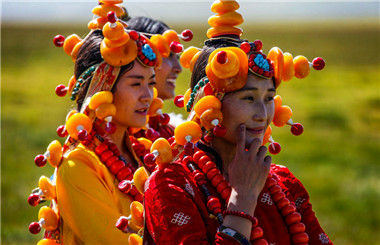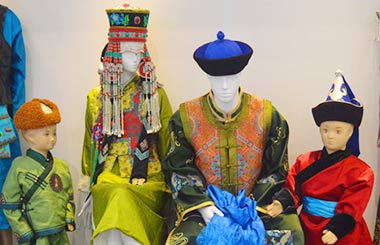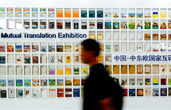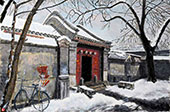Chasing truth through literature
By Yang Yang ( China Daily ) Updated: 2016-09-07 08:13:12
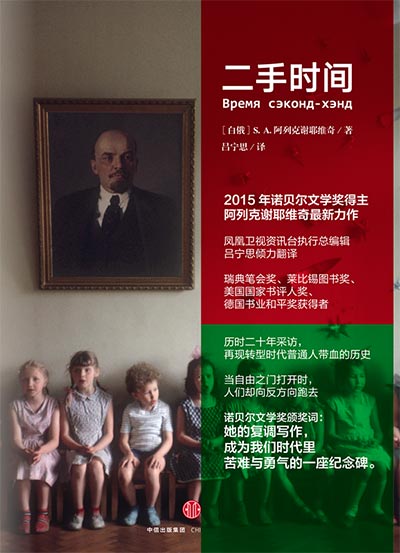 |
| Alexievich's latest book was published in Chinese early this year. [Photo provided to China Daily] |
Alexievich was born to a Belarusian father and a Ukrainian mother, and spent her girlhood in the countryside. She talked with village women who lost their fathers, husbands and sons in wars.
"What I remember most is that women talked about love, not death. They would tell stories about saying goodbye to the men they loved the day before they went to war. They would talk about waiting for them, and how they were still waiting," she said in her Nobel Prize acceptance speech.
Disappointments, doubts, anxiety, misery, horror, evil and death prevail in Second-hand Time, but so do love, dreams and goodness.
As a student, Alexievich read a lot of books and asked a lot of questions that her teachers could not answer.
Alexievich became a journalist in 1976, which provided many chances to observe the true lives people were living, which were not reflected in official histories about World War II, the Afghanistan War and the Chernobyl disaster.
Her teacher Ales Adamovich's idea about "super-literature" that can give the truth of the nightmares of the century inspired Alexievich to adopt polyphony in writing, allowing different voices to speak out their equally important stories.
She did hundreds of interviews for each book, spending many hours talking to each person.
Alexievich said in Suzhou that she enjoys a happy life because she loves her career.
She currently is thinking more about love and death, rather than human madness. Her new books are about love, aging and death.
Related:
|
|
|
|
|
|
|
|

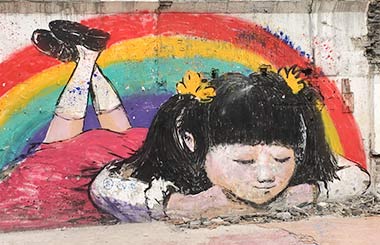



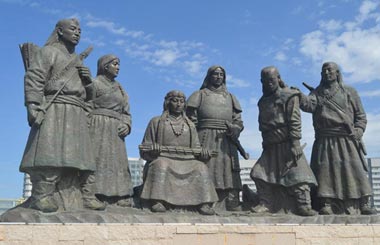













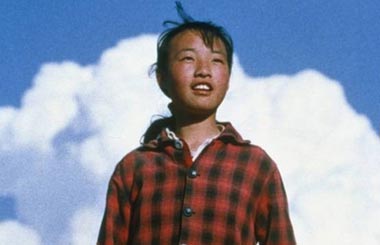




 Raymond Zhou:
Raymond Zhou: Pauline D Loh:
Pauline D Loh: Hot Pot
Hot Pot Eco China
Eco China China Dream
China Dream China Face
China Face
